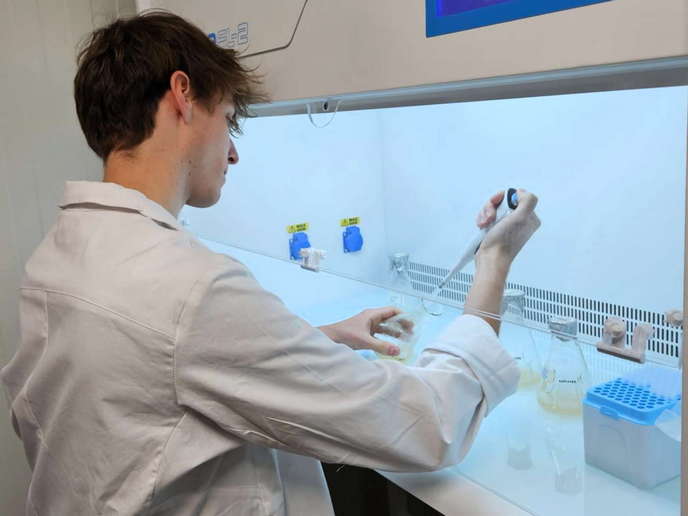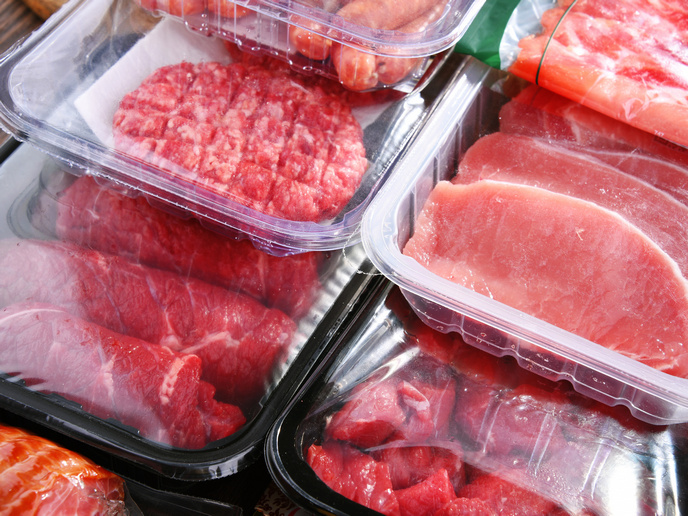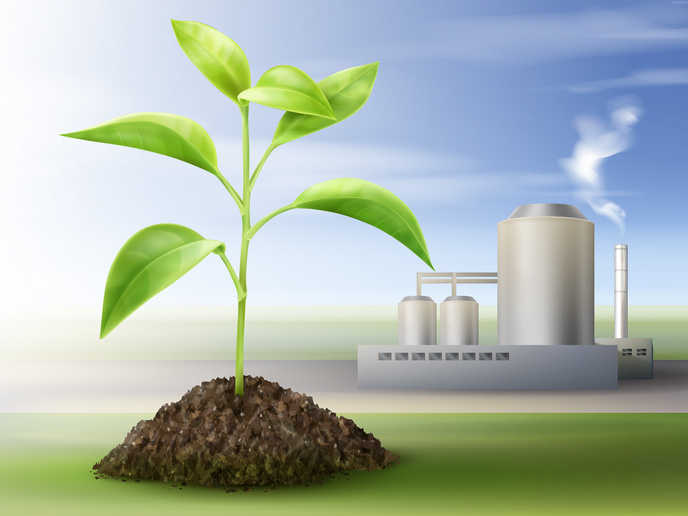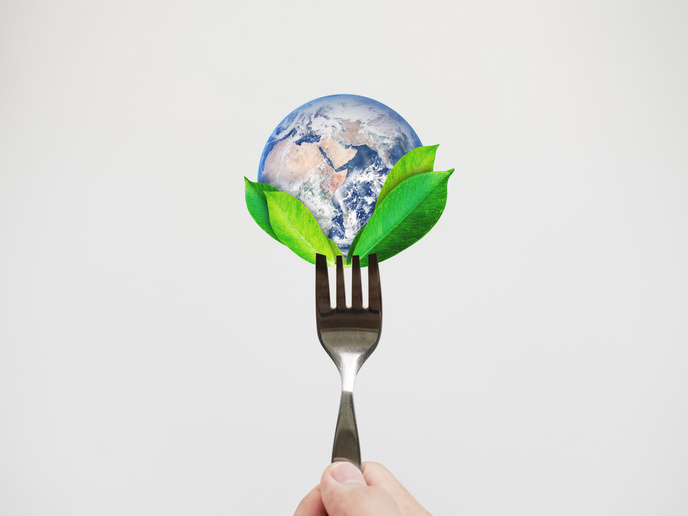Cellulose to replace plastics in market-ready applications
With a growing awareness of the climate, biodiversity and pollution crises, European consumers are seeking eco-friendly goods like never before. In particular, there are evolving market opportunities for products that replace plastics. The EU-funded EcoFLEXY project has enabled Cellugy to advance the technological readiness level of EcoFLEXY – a versatile, recyclable and fully compostable plastics replacement – to pilot production.
The Cellugy startup
The Danish startup Cellugy was founded in 2018 and focuses on replacing petroleum products with 100 % natural cellulose. Unlike conventional efforts at plastics replacement which rely heavily on the use of food crops and often result in end-of-life challenges, Cellugy’s products face none of these issues. Instead, the company produces cellulose from bacteria, building on the natural process of fermentation. Low-energy production conditions and the use of secondary feedstocks such as plant waste make Cellugy products optimal candidates in the pursuit of plastics replacement.
Features of EcoFLEXY
EcoFLEXY is a material that functions as a three-in-one barrier, offering protection from air, water and grease. It can be used in combination with paper and cardboard, and while it is fully compostable, it can also enter the circular economy via paper recycling streams. Current estimates indicate that EcoFLEXY cuts CO2 emissions by 94 % compared to conventional plastics. The product underwent a thorough validation process to determine its best commercial outreach. This process was impacted by commercial disruptions related to the global pandemic, global inflation and the outbreak of armed conflict 2022. According to project manager Isabel Alvarez-Martos: “We overcame that challenge by focusing our strategy on chemical companies and distributors. That strategy achieved exposure across multiple markets and industries due to their broader market base.” While production efforts currently focus on packaging and chemical companies, EcoFLEXY has potential for many other applications. Examples include use as a rheological modifier in cosmetics and as a coating agent in textiles, paints and inks. Cellugy has submitted three patent applications related to EcoFLEXY. The product has garnered much positive attention. Efforts to build awareness have reached a wide audience and led to recognition, including first prize in the special ‘Sustainable Living’ category in the Social Innovation Tournament hosted by the European Investment Bank Institute. EcoFLEXY is also noted among the top 10 solutions in the Ray of Hope Prize sponsored by the Biomimicry institute. Furthermore, Cellugy is named on multiple lists heralding biotech startups. EcoFLEXY is a versatile material that can be tailored to fit countless industrial needs. Its future, and that of Cellugy, is just getting started. Alvarez-Martos states: “We at Cellugy envision a future where cellulose emerges as a dominant solution, unlocking its full market potential and transforming global industries.” Each tonne of EcoFLEXY is capable of replacing 200 000 square metres of non-recyclable plastic-coated packaging. The project’s plan for bringing this product to market is an exciting development in the packaging industry. Cellugy’s vision for the future is sure to shape commercial response to climate change.
Keywords
EcoFLEXY, Cellugy, cellulose, startup, plastics replacement, biotech, compostable, circular economy







